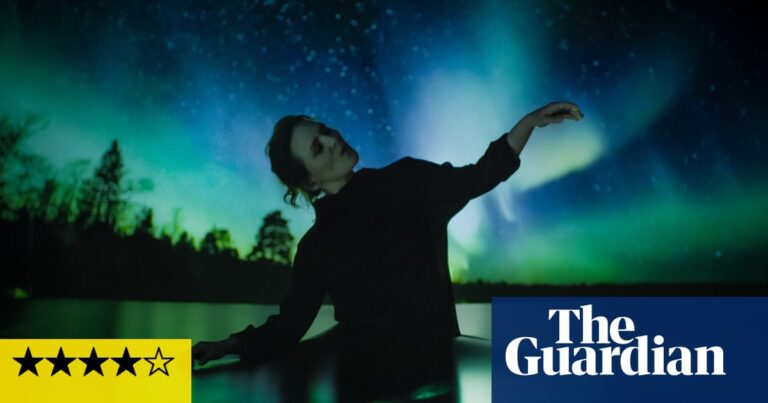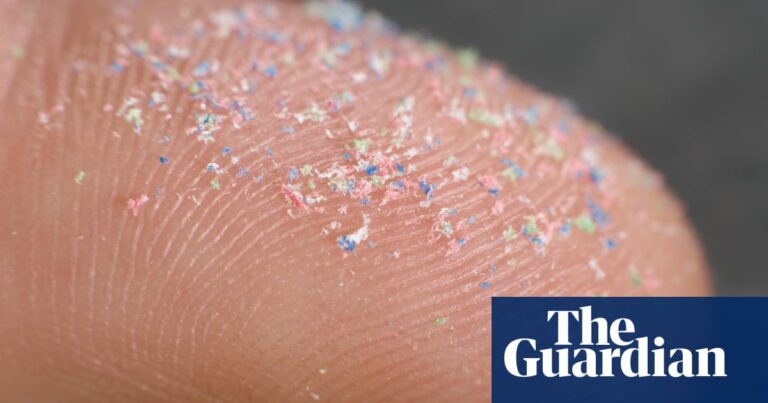Back when computers were still new, Mavis Beacon was an icon for generations of children learning IT skills. Her name, along with the accompanying image of a smiling, suited Black woman, graced countless editions of some popular software that taught typing through interactive lessons and games. For Black students, to see someone who looked like them in a position of authority and knowledge, inspired assurance and aspiration. Mavis Beacon, however, did not exist; she was a fictional character represented by a photograph of Renée L’Espérance, a Haitian model whose story is now lost to history. Eager to reclaim her legacy, film-maker Jazmin Jones and collaborator Olivia McKayla Ross embarked on a years-long quest to track down the woman behind the image.
The resulting documentary is anything but conventional. Describing themselves as “E-girl detectives”, Jones and Ross draw on a wide variety of sources for their investigation. In addition to a physical headquarters – complete with an evidence board not unlike those seen in detective films of yore – there is a virtual dimension to their pursuit. We see what presumably is the cybersleuths’ desktop screen, on which memes, Google maps and search results multiply like mushrooms after the rain.
This maximalist convergence of images raises important questions about the relationship between race and technology, and the treatment of Black women in a field dominated by white men. Powered by love, this mercurial odyssey also skirts ethical boundaries: Jones and Ross’s idea of justice is for their subject to come forward with her story, but L’Espérance, through her son, clearly communicates that she prefers to stay in the shadows. Against this generational difference regarding privacy and identity, Jones’s willingness to include this detail in the final film signals an awareness on the film-makers’ part about how marginalised history can be told.
Source: theguardian.com



















